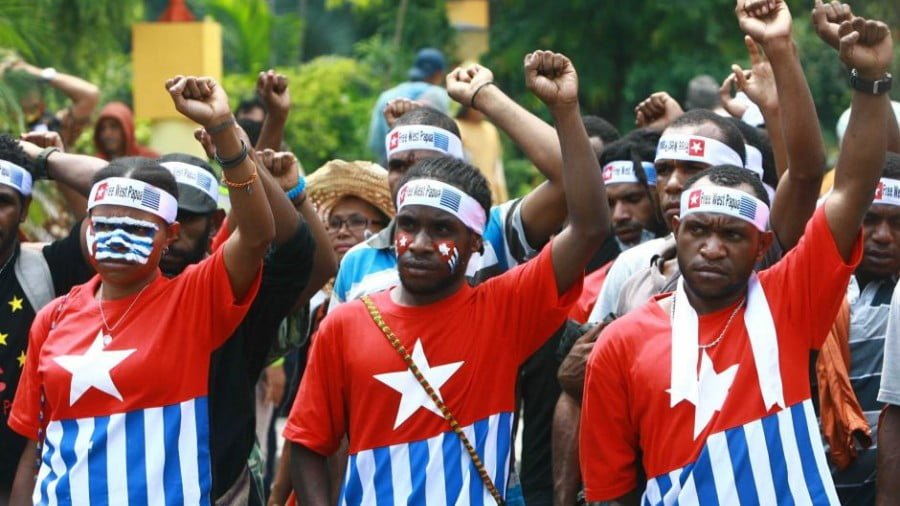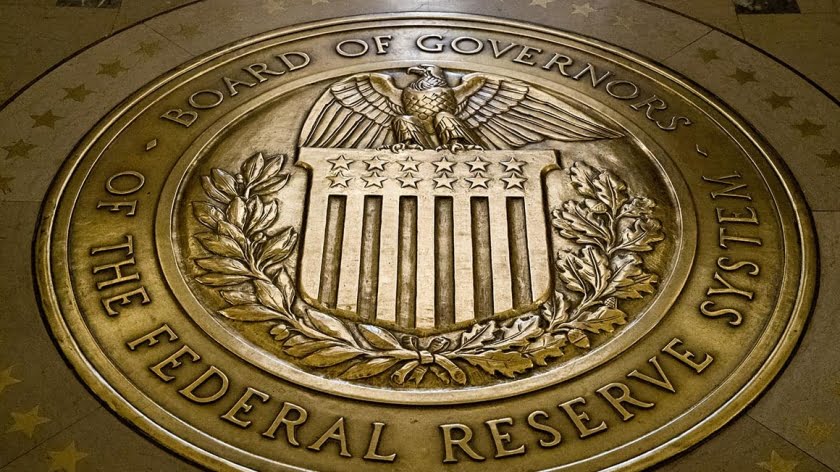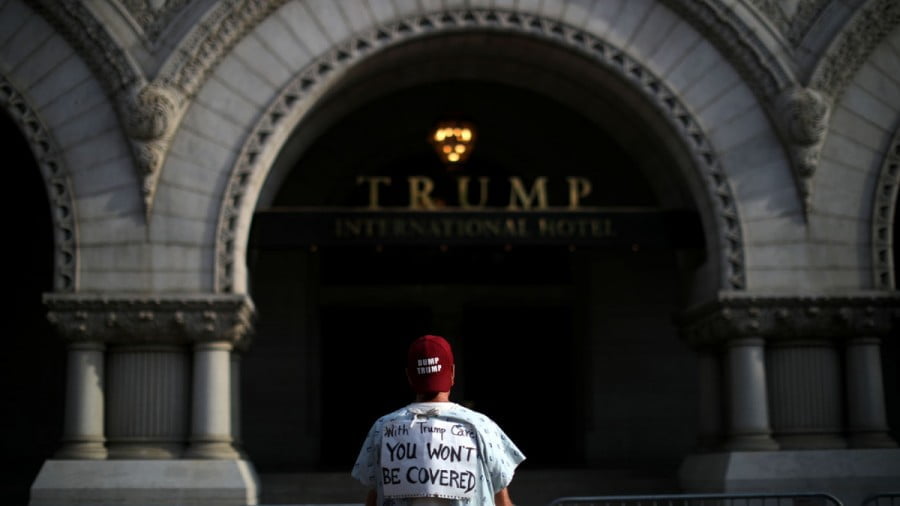The Papua Attacks Prove That Insurgency Is Still Alive in Indonesia
There was a sudden outbreak of violence last week in the Indonesian Province of Papua.
Local elections were marred by twoseparate incidents of violence when armed individuals attacked state security representatives in remote parts of the island’s interior, raising concerns that separatist violence might be returning to the region. The Indonesian government has downplayed the influence of these forces for decades by attributing similar events to “bandits” and other “criminals”, though the so-called “Free Papua Movement” that’s been active since the territory’s de-facto incorporation into Indonesia in 1963 following the Dutch withdrawal and especially its formal one in 1969 after the controversial “Act of Free Choice” claims to still have a popular following in the province.
The Papua Conflict is complex, but to concisely summarize its underlying dynamics, this underpopulated but mineral- and LNG-rich western half of the island of New Guinea used to be under Dutch control and remained so even after Indonesia’s 1949 independence from Amsterdam. The colonizers argued that the majority-Christian Melanesian people of this island have nothing in common with the mostly Muslim Javanese majority in the rest of Indonesia and that the archipelago nation itself had never been a unified political entity in history despite some islands having a shared socio-economic and religious identity. Indonesia, however, maintained that it is the legal successor of the entirety of the Dutch East Indies and that the Netherlands had ulterior geostrategic motives for remaining in Oceania, sometimes likening Amsterdam’s activities to what Brussels wanted to do in Congo’s similarly mineral-wealthy Katanga region immediately after that country’s independence.
After military-political pressure and Cold War calculations led to the Netherlands surrendering its colonial-era outpost to the UN and then Indonesia in 1963 prior to its contentious 1969 “Act of Free Choice” that officially made it a part of the latter, Jakarta initiated a policy of so-called “transmigration” in incentivizing Muslim Javanese to migrate to the country’s newest province, which eventually “demographically re-engineered” West Papua. Local opposition to this policy of what is legally “internal migration” was put down through concerted military and police efforts, after which some of the world’s largest mining deals were struck with Western companies, agreements which some believe have never benefited the island’s still-impoverished people.
There’s almost no realistic chance that the “Free Papua Movement” will succeed in its quest to secede from Indonesia, and the latest violence might even backfire by provoking a more intensified security presence there in order to stop what the state has always considered to be a spark that could lead to an uncontrollable “Balkanization” chain reaction all throughout the archipelago, but the recent attacks might generate enough renewed international attention to their cause that politicized pressure could be put on the Indonesian authorities. It’s unlikely that this would lead to any governing reforms, let alone an independence referendum, but it could be weaponized for anti-Chinese strategic purposes.
To explain, even though there’s probably no American hand in what happened, the US could still exploit any follow-up events by exerting pressure on Indonesia under the guise of so-called “human rights” and “democracy” in order to press it into committing more solidly to the “Quad”. Indonesia has thus far refrained from joining this anti-Chinese “containment” coalition, but it might be compelled to reconsider its choice if the US takes advantage of highly publicized violence in Papua to threaten it with sanctions or even “suggest” that Jakarta allow the Pentagon to set up a base in the country to assist it with “anti-terrorist operations”. Even so, everything might just fizzle out as quickly as it happened, but it’s nevertheless important to pay attention to this topic in case it doesn’t and the US decides to exploit internal events in Indonesia in order to advance its grand strategic objectives vis-à-vis China.







